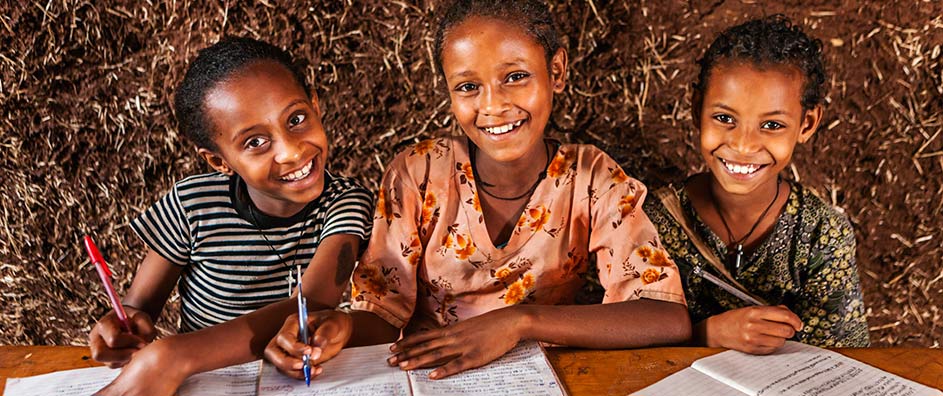The nexus of education, justice, and a heightened sense of honor within the Bahai teachings reveals a remarkable framework for personal and societal development. This triad not only constitutes an essential philosophical underpinning but also serves as a practical guide for fostering an equitable global community. The intimate interrelationship amongst these tenets elucidates a more profound understanding of humanity’s collective journey. In seeking to traverse this intricate landscape, one discovers the ramifications of these ideals permeating through various strata of existence.
Education is venerated as a potent catalyst for liberation and empowerment. The Bahai teachings encourage an expansive conception of education, transcending mere academic instruction. It encompasses moral, spiritual, and practical dimensions. This holistic view posits that true education nurtures the innate capacities of individuals, honing skills that resonate with the greater good of society. The emphasis on fostering a deep sense of accountability and responsibility reinforces the idea that education must be imbued with ethical considerations, thereby championing justice.
Justice in the context of Bahai principles is multifaceted. It is not simply a retributive notion but an integrative construct aiming to harmonize individual rights with the communal good. This perspective invites an examination of the societal structures that uphold or undermine justice. Education rendering individuals capable of critical thinking becomes paramount in their ability to discern distinctions between justice and injustice. Therefore, the role of education encompasses nurturing a sense of empathy that prompts individuals to confront inequities inherent in societal systems.
Justice is often perceived through a lens of legal frameworks, but within Bahai discourse, it is a fundamental component of spiritual development. The conviction that justice is inextricably linked to love and compassion fosters a culture of honor—both within oneself and in regard to others. A high sense of honor manifests when individuals recognize their responsibilities toward others, leading to profound social transformations. This transformation is not merely theoretical; it implores an active engagement in advocacy and refinement of societal norms.
The synergy of education and justice invariably cultivates a high sense of honor, a concept deeply embedded in the Bahai teachings. Honor here transcends superficial accolades; it encapsulates a commitment to integrity and authenticity. Individuals imbued with a high sense of honor often find themselves at the helm of social justice initiatives, driven by an ardent desire to rectify societal wrongs. This pursuit for honor goes beyond personal ambition; it embodies a communal ethic that inspires collective action.
Moreover, the cultivation of a high sense of honor is contingent upon the recognition of one’s self-worth. Bahai teachings assert that every person possesses an inherent dignity, a divine essence that must be revered. This intrinsic value inspires individuals not only to pursue personal excellence but also to uplift others. It engenders a spirit of cooperation and mutual respect that is pivotal in forging pathways to justice and equality. The act of honoring oneself directly correlates with the ability to honor others, establishing a moral framework where justice can flourish.
The educational paradigm within Bahai guidelines also addresses the necessity of inclusivity. It vehemently opposes the systemic barriers that prevent marginalized groups from accessing quality education. This inclusive approach to education emphasizes the imperative of equitable learning opportunities for all, thereby aligning educational outcomes with the principles of justice. The ramifications of such inclusivity extend into the fabric of society, fostering tolerance and understanding—pillars that buttress a high sense of honor.
In addressing the interplay between education, justice, and honor, it is also crucial to understand how these principles respond to contemporary challenges. The persistent issues of inequality, prejudice, and conflict necessitate an educational response that cultivates critical consciousness among learners. Bahai teachings advocate for an educational framework that encourages open discourse and critical inquiry, fostering resilience in the face of injustice. This inquiry-driven approach engenders a sharper awareness of the complexities of societal injustices, thereby preparing individuals to address them with informed conviction.
Furthermore, the role of community in manifesting the Bahai ideals of education, justice, and honor is paramount. The collective effort of a united community creates a fertile ground where these principles can thrive. Collaborative learning experiences foster a sense of belonging and mutual responsibility, reinforcing the notion that education is a communal endeavor rather than an isolated journey. In this shared pursuit, individuals become catalysts for change, equipped with the knowledge and determination to uplift fellow beings.
In essence, the Bahai teachings on education, justice, and a high sense of honor present an intricate tapestry of human development. They invite individuals to engage in a continuous quest for knowledge that is responsive to the ethical demands of collective existence. Through education, individuals cultivate not only their own potential but also that of their communities, laying the groundwork for a just and honorable society. As seekers of knowledge, justice, and honor navigate the complexities of the modern world, they embody the transformative power of these interconnected principles, contributing to the advancement of civilization as a whole.
